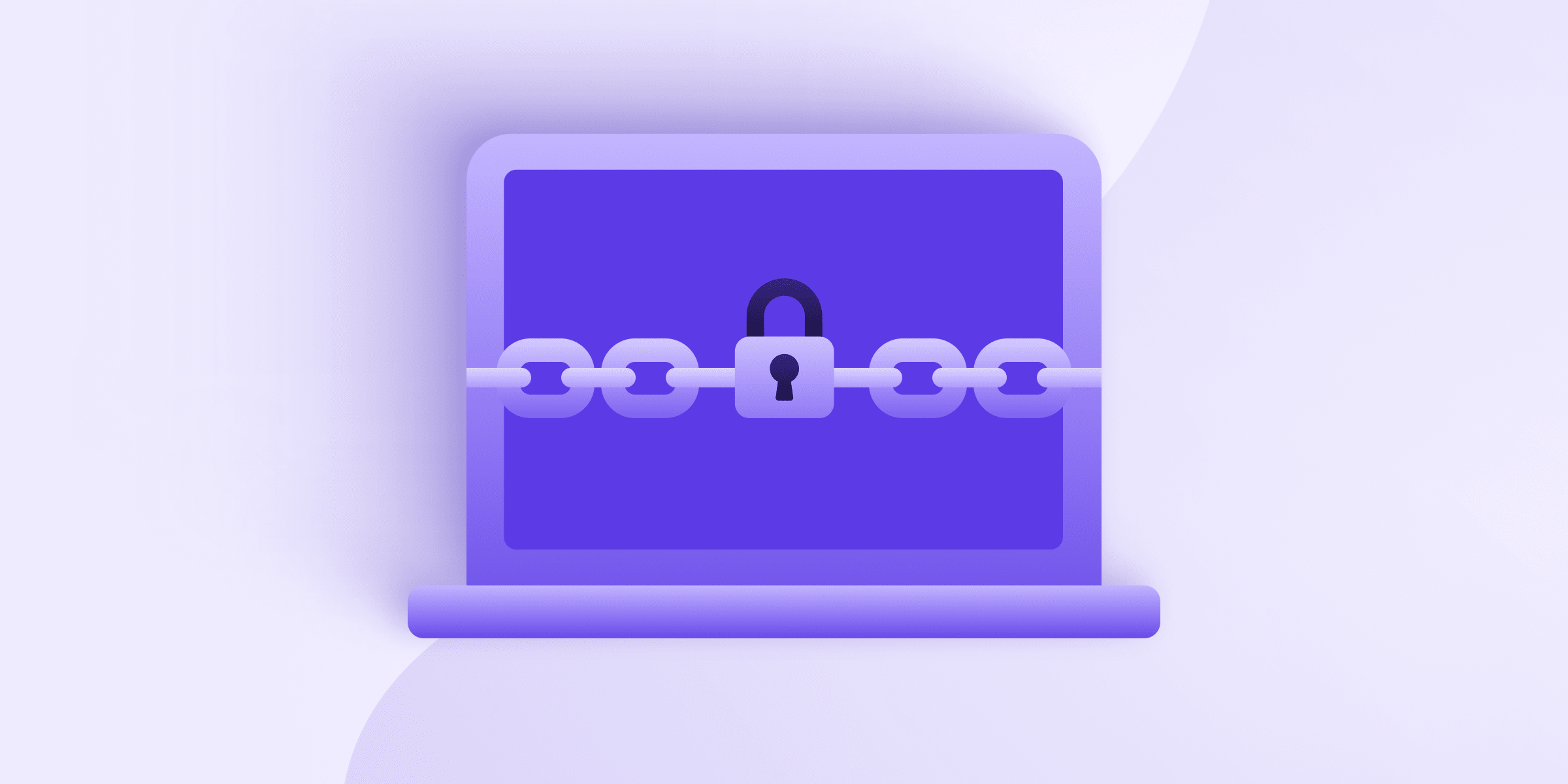As some people in the Proton Mail community have noticed, at the start of March, some mail servers in Russia started having difficulty communicating with Proton Mail. While people in Russia are still able to access the Proton Mail website and log in to their accounts, Russian email services like mail.ru cannot reliably send messages to Proton Mail. Over the weekend, the blocking campaign escalated dramatically, even though Proton Mail is not on the official Russian block list, and there was no legal procedure or notification about the block.
Current status
The block does not prevent Russian citizens from using or accessing Proton Mail, it just makes it difficult for Russian mail servers (like mail.ru) to communicate with Proton Mail. As of now, the blocks are still in place, but we have implemented some technical measures to largely reduce the impact of the blocks, so services in Russia are operational at this time. If the situation changes, we will take additional measures as necessary to ensure the proper functioning of Proton Mail in Russia.
Background
The block apparently stems from a secret letter dated 25 February, in which the FSB (the Russian intelligence agency which is the successor to the KGB) ordered two of the largest Internet service providers in Russia, MTS and Rostelecom, to block traffic from Russia going to our mail servers, thus preventing Russian mail servers from communicating with Proton Mail.
On Monday, a firm called TechMedia obtained a copy of the letter(new window) and published it on the Russian tech blogging platform Habr. The FSB said the block was a response to fake terrorist threats. In January and February, (new window)false bomb threats(new window) in Russia led to the evacuation of tens of thousands of people from schools, rail stations, shopping centers, and offices.


However, the method of the block (preventing messages from being sent to Proton Mail, as opposed to blocking delivery of messages from Proton Mail) seems inconsistent with that claim. Due to the timing of the block, some Proton Mail users in Russia suspect that the block may be related to the mass protests this past weekend in Russia where 15,000 people took to the streets to protest for more online freedom(new window).
Whatever the cause, we don’t believe this blocking of Proton Mail can be justified in any way. Proton Mail provides better email security for millions of people around the world. This is like banning helmets because criminals also sometimes use helmets.
Moreover, when it comes to criminal cases, Switzerland is a neutral jurisdiction(new window) that honors international legal norms, and Proton Mail, based in Geneva, also follows this model. If the Russian government brings a criminal matter (such as fake terrorist threats) to the Swiss Federal Police or to Proton Mail’s internal abuse team, it will be investigated. Making false terror threats is illegal in Switzerland, and it is against our terms and conditions to use Proton Mail for criminal purposes. If there is evidence to corroborate the claims, we would take action against the accounts in question. However, the Russian government did not contact us.
If there is indeed a legitimate legal complaint, we encourage the Russian government to reconsider their position and solve problems by following established international law and legal procedures, rather than attempting to deny millions of Russian citizens access to better email security and privacy.
Recommendations for Proton Mail users in Russia
We are carefully observing the situation and will take additional technical measures if necessary to keep Proton Mail operating normally in Russia. Given the current situation, where services can be targeted with little justification, we recommend the following:
1) Use a VPN. A VPN service allows most blocks to be circumvented. For this purpose, all Proton Mail users also have access to Proton VPN, a free VPN service (new window)that we operate. You can simply download the appropriate VPN app(new window) and log in with your Proton Mail credentials to use Proton VPN.
2) Encourage your contacts to use Proton Mail. The blocks attempted by the Russian government do not and cannot impact communications between Proton Mail accounts in Russia. Not only does Proton Mail offer free email accounts it will also prevent any unauthorized third party from eavesdropping because your email communications will be protected by Proton Mail’s end-to-end encryption.
3) Complain to MTS and Rostelecom. If enough people complain, these ISPs and the Russian government may reconsider their approach.
Proton Mail is vigorously committed to protecting Internet freedom. The wholesale blocking of an encrypted email service only makes the Internet less safe, less private, and less free. As we have previously noted, we have a zero-tolerance policy(new window) for criminal acts conducted using Proton Mail. Therefore, we encourage the Russian government to contact us if there is indeed a legitimate criminal complaint so that we can render assistance within the Swiss legal framework.
Best Regards,
The Proton Mail Team
You can get a free secure email account from Proton Mail.
We also provide a free VPN service(new window) to protect your privacy.
Proton Mail and Proton VPN are funded by community contributions. If you would like to support our development efforts, you can upgrade to a paid plan. Thank you for your support.










